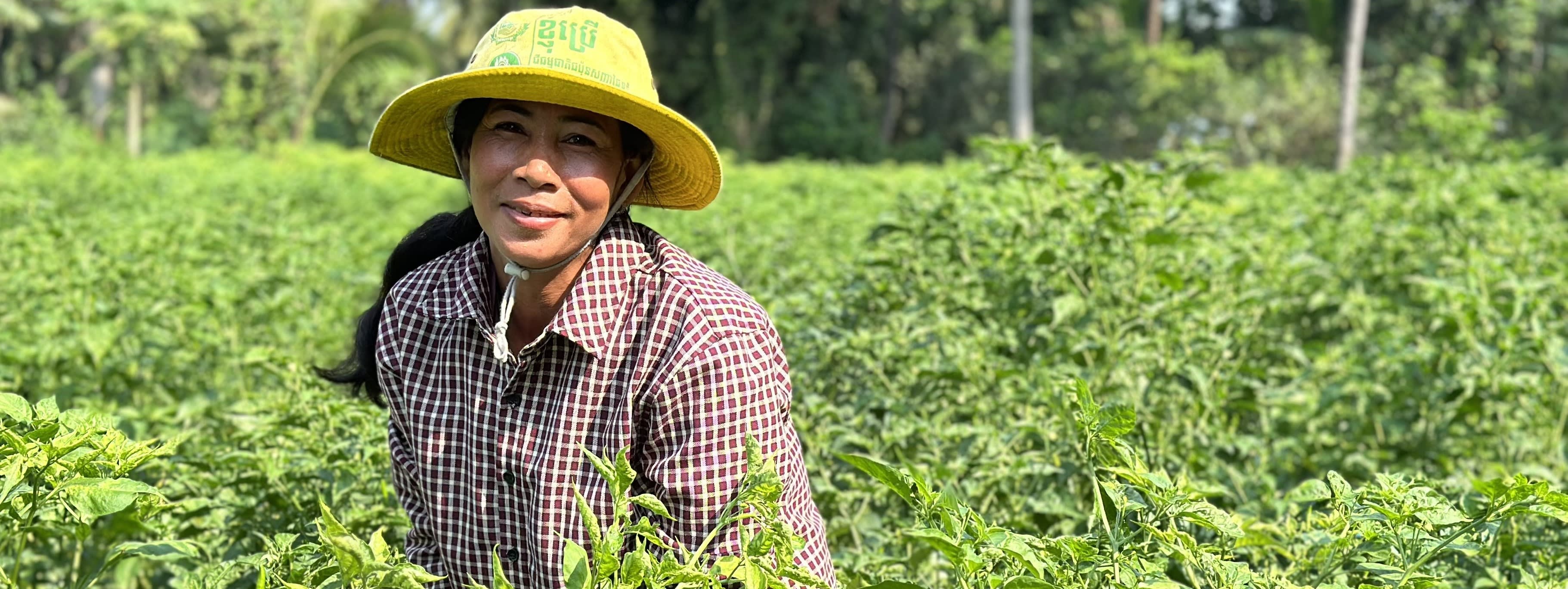VWB/VSF VETS volunteer alumni, Younoussa, on implementing best practices in pesticide use in Senegal
VWB/VSF alumni VETS volunteer, Younoussa Barry, is an environmental and agroecology expert. He spent time training local farmers about best practices in pesticide use to help improve the quality of crops, while also ensuring people, animals, and the environment remain protected from the pesticide's potentially negative side effects.















